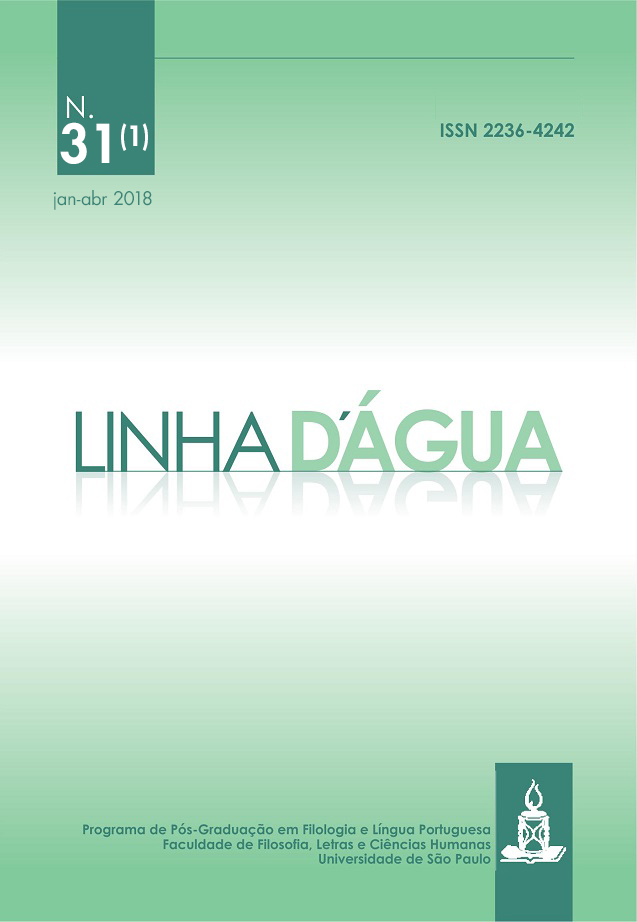A idiomaticidade e a formulaicidade no discurso escrito em português produzido por alunos universitários moçambicanos
DOI:
https://doi.org/10.11606/issn.2236-4242.v31i1p145-170Palavras-chave:
Fluência e proficiência, estrutura retórica, idiomaticidade, visão do mundo, competência discursiva.Resumo
A observação de textos redigidos em Português por alunos universitários moçambicanos revela dificuldades de escrita que vão para além do domínio das regras da gramática. As línguas maternas da maioria destes alunos são de raíz Bantu e utilizadas, sobretudo, em ambientes restritos ou familiares. Diferentemente das línguas bantu, o Português, língua segunda da maioria desses alunos, goza do estatuto de língua oficial, do ensino, da administração pública, do contacto com o mundo, sendo também a língua que confere prestígio social em Moçambique. Este quadro propicia transferências linguístico-discursivas, retóricas, culturais e idiomáticas que se manifestam numa variedade de formas de expressão peculiares às línguas e culturas em contacto, na comunicação oral ou escrita, e para o caso da presente pesquisa, enfaticamente na escrita. Neste artigo exploramos até que ponto estes alunos desenvolvem a fluência e a proficiência na língua-alvo, através do modo como organizam as unidades linguístico-discursivas para expressarem a sua visão do mundo, no contexto interlingue e intercultural em que vivem. Selecionamos trechos de 4 composições por eles produzidas e fizemos incidir a análise na forma como acomodam aspectos da idiomaticidade e da formulaicidade em textos do género opinativo e no âmbito da tipologia argumentativa.Downloads
Publicado
Edição
Seção
Licença
A aprovação dos manuscritos implica cessão imediata e sem ônus dos direitos de publicação para a Linha D'Água. Os direitos autorais dos artigos publicados pertencem à instituição a qual a revista encontra-se vinculada. Em relação à disponibilidade dos conteúdos, a Linha D'Água adota a Licença Creative Commons, CC BY-NC Atribuição não comercial. Com essa licença é permitido acessar, baixar (download), copiar, imprimir, compartilhar, reutilizar e distribuir os artigos, desde que para uso não comercial e com a citação da fonte, conferindo os devidos créditos autorais à revista.
Nesses casos, em conformidade com a política de acesso livre e universal aos conteúdos, nenhuma permissão é necessária por parte dos autores ou do Editor. Em quaisquer outras situações a reprodução total ou parcial dos artigos da Linha D'Água em outras publicações, por quaisquer meios, para quaisquer outros fins que sejam natureza comercial, está condicionada à autorização por escrito do Editor.
Reproduções parciais de artigos (resumo, abstract, resumen, partes do texto que excedam 500 palavras, tabelas, figuras e outras ilustrações) requerem permissão por escrito dos detentores dos direitos autorais.
Reprodução parcial de outras publicações
Citações com mais de 500 palavras, reprodução de uma ou mais figuras, tabelas ou outras ilustrações devem ter permissão escrita do detentor dos direitos autorais do trabalho original para a reprodução especificada na revista Linha D'Água. A permissão deve ser endereçada ao autor do manuscrito submetido. Os direitos obtidos secundariamente não serão repassados em nenhuma circunstância.











